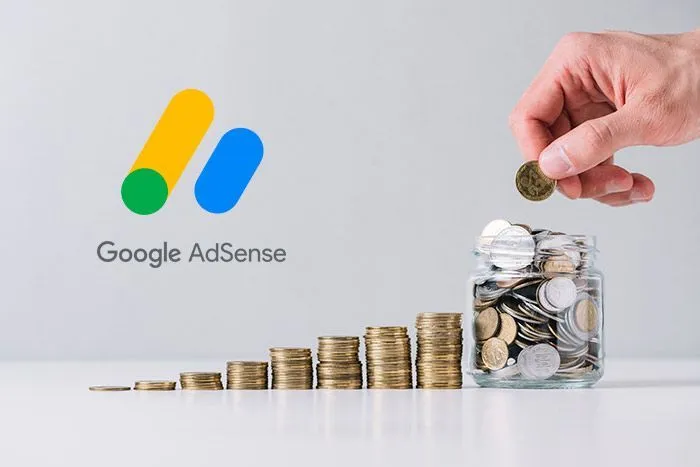
In the vast landscape of technology, few names resonate as universally as Google. From its humble beginnings as a search engine to becoming one of the most influential companies in the world, Google has revolutionized how we access information, communicate, and interact with technology. But what lies behind the colorful logo and ubiquitous presence? Let’s dive into the story of Google, exploring its history, innovations, and the impact it has on the modern world.
The Birth of Google
Google’s journey began in 1996 when two Stanford University students, Larry Page and Sergey Brin, embarked on a research project to improve the way we search for information online. Their revolutionary idea was to develop a search engine that ranked web pages based on relevance, using a method called PageRank. This approach was far superior to the existing search engines at the time, and in 1998, they officially launched Google as a company.
Fun fact: The name “Google” is derived from the mathematical term “googol,” which represents the number 1 followed by 100 zeros—symbolizing the founders’ ambition to organize an immense amount of information.
From Search Engine to Ecosystem
While Google started as a simple search engine, it quickly expanded into an entire ecosystem of products and services. Some of its most notable creations include:
Google Search
The backbone of the company, Google Search remains the world’s most popular search engine, processing over 3.5 billion searches per day. Its algorithms are continuously refined to ensure users get accurate and relevant results.
Gmail
Launched in 2004, Gmail revolutionized email by offering generous storage space and innovative features like threaded conversations. Today, it’s one of the most widely used email platforms globally.
Google Maps
Introduced in 2005, Google Maps transformed navigation, offering real-time traffic updates, street views, and even indoor maps. It has become an indispensable tool for travelers and commuters.
YouTube
Acquired by Google in 2006, YouTube is the world’s largest video-sharing platform. From educational tutorials to entertainment, it hosts billions of videos viewed by millions daily.
Android
In 2005, Google acquired Android Inc., leading to the development of the Android operating system, which now powers over 70% of smartphones worldwide.
Google Cloud
Google’s cloud computing platform provides businesses and developers with scalable solutions for data storage, machine learning, and app development.
Chrome
Launched in 2008, Google Chrome became a game-changing web browser known for its speed, simplicity, and customization.
Innovations Driving the Future
Google’s commitment to innovation is evident in its investment in cutting-edge technologies. Key areas include:
- Artificial Intelligence (AI): Google AI projects, like DeepMind and the integration of AI into products like Google Assistant, are setting new standards for machine learning and automation.
- Quantum Computing: Google is leading research in quantum computing, aiming to solve complex problems beyond the capabilities of classical computers.
- Sustainability: Google has invested heavily in renewable energy and eco-friendly initiatives, aiming for carbon neutrality across its operations.
The Philosophy Behind Google
Google’s mission is clear: “To organize the world’s information and make it universally accessible and useful.” This philosophy drives its efforts to improve access to knowledge, simplify daily tasks, and empower individuals and businesses.
The company also adheres to the mantra “Don’t be evil”, reflecting its commitment to ethical practices and social responsibility (though this has evolved over time).
Global Impact
Google’s influence extends far beyond technology. It has transformed:
- Education: Tools like Google Classroom and YouTube provide access to learning resources for students and educators worldwide.
- Business: Google Ads and analytics help businesses grow, while Google Workspace fosters collaboration.
- Social Connectivity: Platforms like Google Meet and Duo have bridged distances, especially during the pandemic.
Challenges and Controversies
Despite its success, Google has faced challenges:
- Privacy Concerns: Issues surrounding data collection and user privacy have led to scrutiny and legal actions.
- Monopoly Accusations: Google’s dominance in search, advertising, and mobile platforms has raised concerns about competition.
- Misinformation: The company continually works to combat false information spread across its platforms.
The Human Side of Google
Beyond the technology, Google is also known for its culture:
- Workplace Innovation: Google’s headquarters, known as the “Googleplex,” is renowned for its creative and employee-friendly environment.
- Community Initiatives: Programs like Google for Startups and charitable donations reflect the company’s commitment to social impact.
Conclusion
Getting to know Google means understanding its profound role in shaping the digital age. From pioneering search engine technology to driving innovation in AI and quantum computing, Google has cemented its position as a tech giant that continues to influence our lives in countless ways. Whether through its tools, platforms, or vision for the future, Google exemplifies the boundless possibilities of technology.
As we navigate the ever-changing digital landscape, one thing is certain: Google will remain a central force in innovation and connection. 🌐✨







